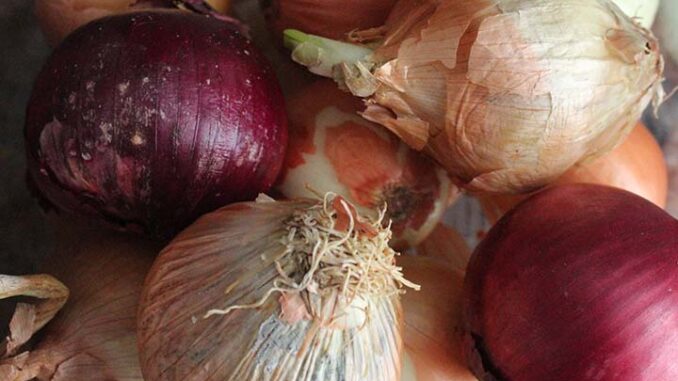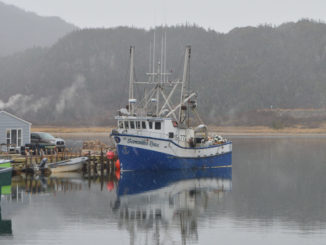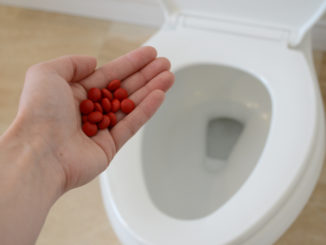Ugly produce needs love, too.

Food waste is a huge issue globally, and Canada has become one of the biggest culprits worldwide.
In Newfoundland and Labrador, one organization is trying to put a stop to food waste to increase food security.
Food First NL is a non-profit organization that has been working in the province for over 20 years. Their mission is to engage people in community-based solutions to ensure quality food for all.
Sarah Crocker, program coordinator with Food First NL, says they want to promote solutions for every stage of the food cycle – from production all the way to individual households.
“Everyone has a role to play in (changing the) system,” Crocker said. “We have to shape the world we want to see.”
According to Crocker, one of the larger issues Newfoundland and Labrador faces is the lack of a composting program.
“It’s quite expensive to separate, collect separately and process and I think that has really been a challenge for waste management in Newfoundland,” said Crocker.
A recent release from the city of Fredericton said the cost for a composting facility would start at $6 million but could go as high as $15 million.
Without composting, roughly 30 per cent of organic waste generated in Newfoundland and Labrador ends up in landfills.
“People have to work in their communities with what their resources are,” Crocker said. “We can take the food that needs to be disposed of, compost it and turn it into something that’s actually valuable.”
A major contributor to the province’s food waste is the condition in which the food arrives.
“I think the thing that people notice here, if food is poor quality to begin with, it just doesn’t last as long,” said Crocker
Shoppers are more likely to avoid fruits and vegetables that they see as ugly. Bruised apples, lumpy lemons, even onions that appear to have gone bad on the outside, are all viable foods.
Brian Fowler, store manager of Coleman’s on Newfoundland Drive, is doing his best to ensure his store helps reduce items going to the landfill.
“Food waste is one of my biggest pet peeves,” said Fowler.
According to Fowler, when items arrive damaged or bruised, they don’t just get thrown out.
“One of the things we benefit from is having the kitchen on site,” Fowler said. “We can use a lot of those products that normally people wouldn’t buy.”
Shipping times and temperature fluctuations impact the quality and longevity of produce, says Crocker.
“There are issues with quality and transport,” Crocker said. “Most food is wasted before it even reaches the individual shopper.”
Food First NL is trying to promote resources for meal planning, smart grocery shopping and food storage tips.
“People don’t want to waste food, food is expensive,” Crocker said. “I think people are doing their very best to make the most of food budgets and availability.”
Any item that can’t be sold or used in their deli meals, says Fowler, gets donated to community emergency food programs.
“Anything that’s in a damaged box or package that we know won’t be purchased by our customers, we donate to food banks because, typically, the product itself is still fine,” said Fowler.




Be the first to comment